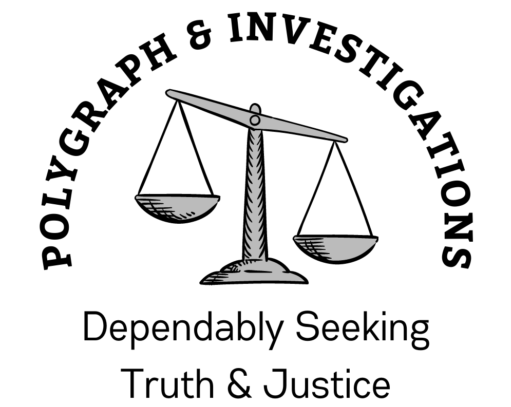Alaska Polygraph Exams 907 841-2474
Fort Worth, TX, Polygraph Exams 682 358-4225
Polygraph and Investigations, LLC. conducts polygraph test in Fort Worth, Texas, Anchorage, Mat-Su Valley, Fairbanks, Homer, Bethel, Ketchikan, Valdez, Juneau, Seward, Alaska
Relationship Polygraph Exams in Fort Worth, Texas…$350
Criminal Polygraph Exams in Fort Worth, Texas…$500
Basic Polygraph Exams in Mat-Su Valley…$350
Criminal Polygraph Exams in Mat-Su Valley…$500
Basic Polygraph Exams in Anchorage, Alaska…$400
Criminal Polygraph Exams in Anchorage, Alaska…$600
Polygraph Exams in Bethel, Alaska…$1200
Polygraph Exams in Juneau, Alaska…$1500
Polygraph Exams in Fairbanks, Alaska…$1200
Polygraph Exams in Homer, Alaska…$1000
Polygraph Exams in Seward, Alaska…$1000
Polygraph Exams in Ketchikan, Alaska…$1250
Polygraph Exams in Valdez, Alaska…$1200
ALL Exams require a 50% non-refundable deposit when scheduling – Cash App, Venmo
A polygraph examination is a scientific test that collects physiological data from a person with the purpose of identifying reactions associated with dishonesty. At least three systems in the human body are recorded during a polygraph examination. Respiratory activity is monitored by placing rubber tubes across the examinees upper portion and abdominal portion of the chest. Electro-dermal activity is recorded by placing two small attachments on the fingers. Cardiovascular activity (blood pressure and pulse) is collected by a blood pressure cuff. The modern polygraph is able to monitor and record physiological changes in your body when you lie and when you tell the truth. These changes, when interpreted by a skilled, professional polygraph examiner are clear and unmistakable evidence of truth or deception.
Q: What does a typical polygraph examination entail?
A professional polygraph examination has three phases: a pre-test, an in-test phase, and a post-test phase, which includes test data analysis. A typical polygraph examination will last approximately one to two hours.
Pre-Test: In the pre-test phase, the polygraph examiner will complete the required paper work and speak to the examinee about the test. During this period the examiner will discuss and review the questions that will be asked on the exam. The examiner will also familiarize the examinee with the testing procedure and the polygraph instrument.
In-Test: The in-test phase takes place in a quiet room where no one else is present to distract the examinee. The polygraph examiner will attach the components to the examinee. The examination will take place. Data is collected via the components and are recorded in the form of polygraph charts. Examiners at Polygraph and Investigations use state-of-the-art computerized polygraph instruments.
Post-Test: Following the in-test phase, the polygraph examiner will analyze data collected from the charts and render an opinion as to the truthfulness of the person taking the exam. The examiner will render an opinion of DI-Deception Indicated, NDI-No Deception Indicated or SR-Significant Reactions or NSR-No Significant Reactions.
Q: Why are polygraph examinations used?
Polygraph examinations are used to protect the public, to verify the truth, to identify the innocent, and to determine deception to help identify the guilty. Polygraphs are most commonly used for criminal and civil matters, government, law enforcement and pre-employment screening. Private individuals also request polygraph examinations to help resolve personal issues such as fidelity.
Q: Who uses polygraph?
Polygraph exams are used by federal, state and local law enforcement agencies, US and local district attorneys, public defenders, lawyers, private individuals, all branches of the United States military and parole/probation departments.
Q: How do I determine if a polygraph examiner is qualified?
The most effective way to make sure you are retaining a qualified polygraph examiner is to ask if he or she is a member of the American Polygraph Association or one of its affiliates.
Q: How reliable and accurate are polygraph exams?
Polygraph examinations are not infallible, research clearly indicates that when an examination is administered by a competent, professional examiner, the polygraph test is the most accurate means available to determine truth and deception. Since 1980, a compendium of research studies encompassing 80 research projects involving 6,380 polygraph examinations, and 12 studies of the validity of field examinations following 2,174 field examinations, indicated and average accuracy of 98%.
Q: What is the scientific validity?
Science tells us that polygraph test results are accurate as much as 98% of the time. Over the past 40 years, hundreds of experiments, research projects and articles have been published to validate the accuracy of polygraph examinations.
